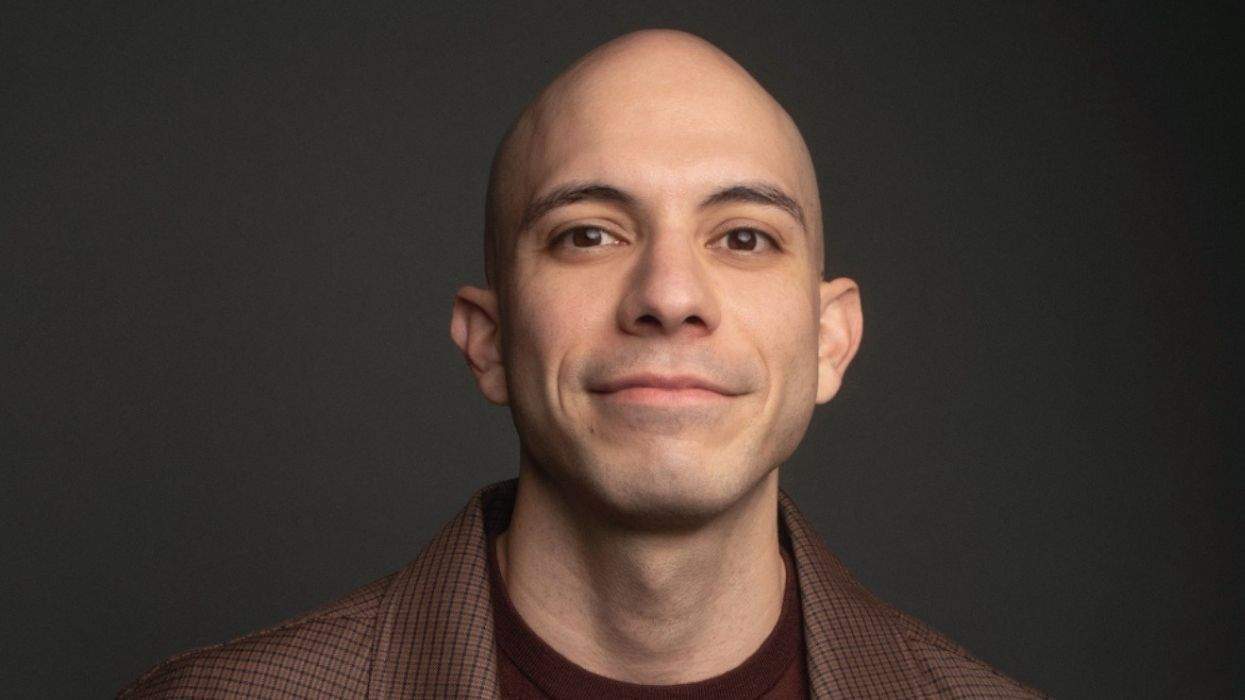Tobacco use has been a long-standing health care problem with its association to lung cancer, heart disease, and strokes. An estimated 25.5 million men and 21.5 million women in the U.S. smoke, as reported by the American Heart and Lung Association. In some recent studies, it has been shown that tobacco use is higher among gay men, reaching nearly 50 percent in several studies. Counseling patients about tobacco abuse is frustrating because, despite all the evidence that we have, indicating its addictiveness and carcinogenicity, we still smoke.
So why do we smoke?
Most people claim they smoke to alleviate stress. Others model their behavior after their parents or people they admire. Many smoke because of peer pressure or wanting to look cool like movie stars and musicians. How hot was Brad Pitt in Fight Club, all cut up and smoldering, or the cast of Chicago, lighting up their cigarettes, singing and dancing in that dark nightclub? The allure of smoking is so intense and sexual that it was destined to be part of our culture. Smoking gives the illusion of self- confi dence and maturity -- how could any gay man resist?
There are many different methods to quit smoking. Success requires a willingness to quit. The National Cancer Institute states that even a brief counseling session with a health- care provider will more than likely result in a cessation of smoking. Most clinicians agree that the best way to quit is "cold turkey," as opposed to weaning yourself off slowly. Before you quit, select a stop date. This will give you ample time to prepare. Some patients utilize nicotine- replacement therapy with the patch or gum. Remember that if you do relapse, remove the patch so as to avoid being exposed to high levels of nicotine.
There are various forms of drug therapy available to facilitate an end to smoking. Zyban (bupropion) has been studied extensively and is FDA- approved as a treatment to help smokers quit. (Incidentally, this is the same medication that is used to treat depression under the brand- name Wellbutrin.) Smokers take bupropion orally for one to two weeks while they smoke and then continue the medication after they have reached their quit date. Bupropion is not indicated in patients who suffer from seizure disorder. The most common side effects include insomnia; however there are fewer reported cases of weight gain and sexual side effects than with other antidepressants. Also the antidepressant action of bupropion helps smokers during the crucial period after they have stopped smoking.
In May 2006, the FDA approved Chantix (varenicline tartrate), another oral medication that is designed to help smokers quit. Chantix acts at sites in the brain that are affected by nicotine. This will ease the withdrawal symptoms and blunt the response of nicotine if you resume smoking. As with bupropion, varenicline is a pill that is taken orally each day for one to two weeks. You continueto smoke until you reach your stop date and then continue varenicline for at least twelve weeks. Common side effects include nausea, gas, and vomiting. Both bupropion and varenicline usually generate good results. If you wish to stop smoking, consult your doctor about these options.
According to the CDC, an estimated 45 million adults smoke in the United States and more than 8 million of them have at least one serious illness caused by smoking. Tobacco is the single most preventable cause of death in the United States and is responsible for a growing list of cancers.
Smoking has also been linked to erectile dysfunction in numerous clinical studies. The most common causes of the organic component in erectile dysfunction, or impotence, are vascular abnormalities associated with atherosclerosis and diabetes mellitus. Atherosclerosis causes 40 percent of cases of erectile dysfunction, and in cases of diabetes mellitus the prevalence of erectile dysfunction is 50 percent. Smoking is signifi cantly associated with the development of both atherosclerosis and diabetes mellitus.
Researchers at Wake Forest University in Winston-Salem, North Carolina, concluded that male smokers 51 A Guide to the Gay Man's Physical Exam who suffer from long- standing hypertension are twentysix times more likely to be impotent than those individuals who do not smoke. Aside from impotence, smoking has also been linked to the following negative effects concerning male sexual health:
* Reduced volume of ejaculation
* Lowered sperm count
* Abnormal sperm shape
* Impaired sperm motility















